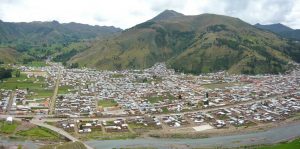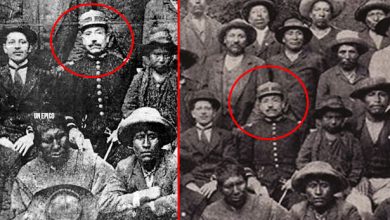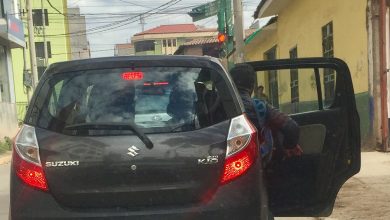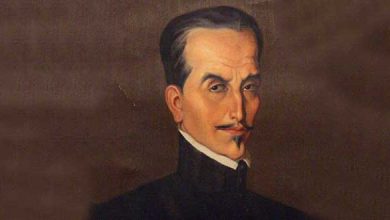Cuzco’s Sicuani, Nieto’s Small Fatherland

Though he lived other places, the poet Luís Nieto Miranda´s life was marked by Sicuani, a major provincial city of the Department of Cuzco. Located up the Vilcanota river from the Sacred Valley, it is the last major stretch of broad flat valley before the river rises to it origins in the high mountains and in the hot springs just below the pass of La Raya, which in turn opens into the high plateau and the Titicaca basin.
During Nieto´s youth, Sicuani was a major railroad town as well as an agricultural and commercial hub. Its uplands produced fine wool for export and its valley floors corn and other produce. It also was a center for schooling and administration. As a result, like all large towns and small cities in this area it was dominated by classes of people in between the bulk of Indigenous people tied to fields and labor, and the upper, more Spanish classes who lived in the large cities and on extensive agricultural estates as a kind of landed elite. These people between the two extremes where themselves divided into a more Spanish and professional administrative class, Mestizos, and the more ordinary and more Indian people, the cholos.
Nieto considered himself a cholo from Sicuani. He was a townsman who claimed that urban identity, but one tied specifically to place, to land, and to its Apus, its mountain Lords.
Sicuana crowds around a hill that since long before the Spanish was important to local peoples. Called Jururo it is the dominant feature of the landscape, besides the broad and sacred Vilcanota river which flows around it, In this way, vertical and horizontal come together in a cosmic image that fills highland life, and people exercised devotion to both mountain and river.
In Andean literature, this Andean relationship to the land, ties that mark your birth and death where the land is your owner as if you were a domestic animal and it your shepherd, becomes a mystique when transported to writing in Spanish. Scholars call it tellurism and it is a common feature of much writing from the Andean countries, as well as popular life, in contrast with a dominant civilization that materializes and de personalizes the land in order to exercise dominion over it and exploit it.

In this romance to his home town, is small fatherland, as Nieto calls it, we see the devotion to land as an active and generative part of life where nature is active. It has sound and motion, it sings and dances, just like the waynos and yaravies (song styles) of its people and the sounds of the plucked strings of its charangos and bandurrias. These last, various descendent forms of the original Spanish vihuela or guitar are one of the key musical marks of the townsmen, the cholos like Nieto and they play strongly throughout his poetry.
Here is a translation of Nieto´s poem about Sicuani. Instead of just being a place is is the snapping whip and flowing blood of his own heart.

My Town
Mountain town, my town,
full of laughter and sun:
I feel your blood and whip
all within my heart.
You have a bandit sky,
a conquering river,
a hill like the “Juruo”,
a charango and its song.
In your hands the wind
dances a multicolor wayno
and in your blond fields
breezes tremble with love.
Birds and flowers offer you
golden dew at dawn;
their Dianas from hilltop to hilltop,
the horn trumpets and a drum.
The strokes of your cholo heart
are guitar and bandurria;
From the wayno is your laughter
and the yaravi, your pain.
Such is your Mestizo fiber,
bled of suffering and passion;
with silences of gentleness
and shouts of rebellion.
He who saw you that day
can never forget you;
he carries you like a star
or like a fine blessing.
You are my small fatherland
you gave me life and warmth.
In your arms one day
I would like to rest.
Sicuani my dear land
made of flower and song:
I carry you as blood and whip
always within my heart.




